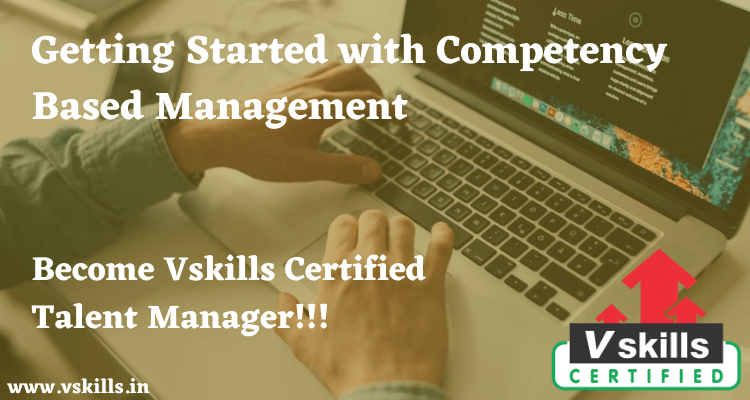Getting Started with Competency Based Management– The availability of best-practice guidance regarding how to incorporate competencies into existing talent management plans is limited. It is important to note that competencies do not have to replace (nor should they, necessarily) a more traditional consideration of the critical technical skills, knowledge, and abilities required for successful completion of clearly defined job tasks. In fact, a balance of task-focused and personal-competency-focused approaches is likely to provide an even deeper understanding of a candidate‘s potential for demonstrating competence in the well-understood present and the uncertain future. Here are some key highlights for evaluating a competency-based approach (the recommended readings provide more guidance and depth):
- Identify and describe competencies in general and practical terms (to improve the likelihood that these definitions will apply broadly across the organization).
- Keep the behavioral nature of competencies in mind (to make it easier to observe competency-related behaviors when it is time to link a person‘s competencies to performance-related outcomes).
- Limit the number of competencies to a manageable number (otherwise the resulting model will be too unwieldy and less generalizable).
- Focus not only on competencies exhibited by current workers who are or have been effective, but also on competencies the organization expects to need in the future.
- Seriously consider utilizing a generic set of competencies across multiple job positions or even in the bulk of job positions (otherwise you will spend incredible amounts of time generating models; time which could be better spent building your organization).
Gain knowledge on the module “Getting Started with Competency Based Management”.



